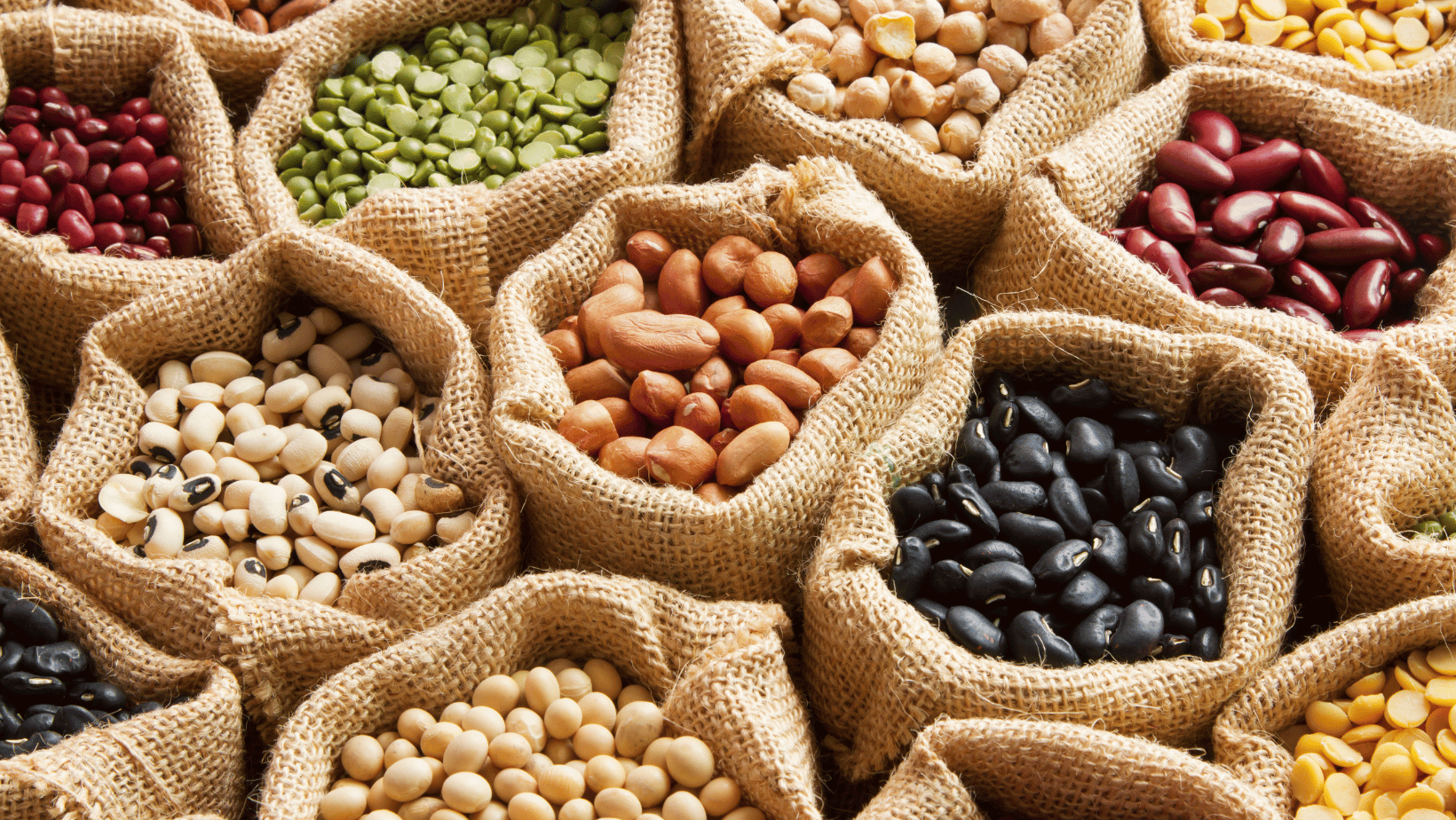There’s a common misconception that plant-based diets lack complete protein. Often when I tell people that I get my protein from plants, they look at me like I have two heads! But the truth is, many plant foods offer all the essential amino acids your body needs to thrive. Let’s break down the science behind plant protein and debunk some myths!
Myth: Most plant proteins are incomplete.
Fact: Not true! Out of 17 popular plant proteins, 14 contain all nine essential amino acids. These are the building blocks of protein and are crucial for various bodily functions.
Protein Powerhouses:
- Lentils: A champion for muscle growth, lentils boast high levels of leucine, methionine, and valine – essential muscle-building amino acids. They’re incredibly versatile – enjoy them in patties, soups, salads, or even tacos!
- Pumpkin Seeds: Another great source of methionine, these can be enjoyed alongside lentils to create a complete protein profile.
Focus on Balance, Not Every Meal:
It’s not necessary to get all your essential amino acids at every meal. Aim for a variety of plant proteins throughout the day to ensure you’re getting a complete picture.
Additional Tips:
- Quinoa: This super grain provides all nine essential amino acids and offers more lysine than wheat or rice.
- Mushrooms: Unique among plants, mushrooms contain all 17 amino acids, including the essential ones. Studies even show they can help overcome lysine deficiencies in cereal-based diets.
- Protein Powders (Optional): If legumes aren’t a staple in your diet, consider protein powders made from Sacha Inchi or pumpkin seeds – excellent sources of methionine.
Remember:
The recommended daily intake (RDI) for each essential amino acid varies. WebMD provides a helpful reference point based on body weight.
By embracing a variety of plant-based protein sources, you can ensure your body gets the amino acids it needs to function optimally – all without relying on animal products




